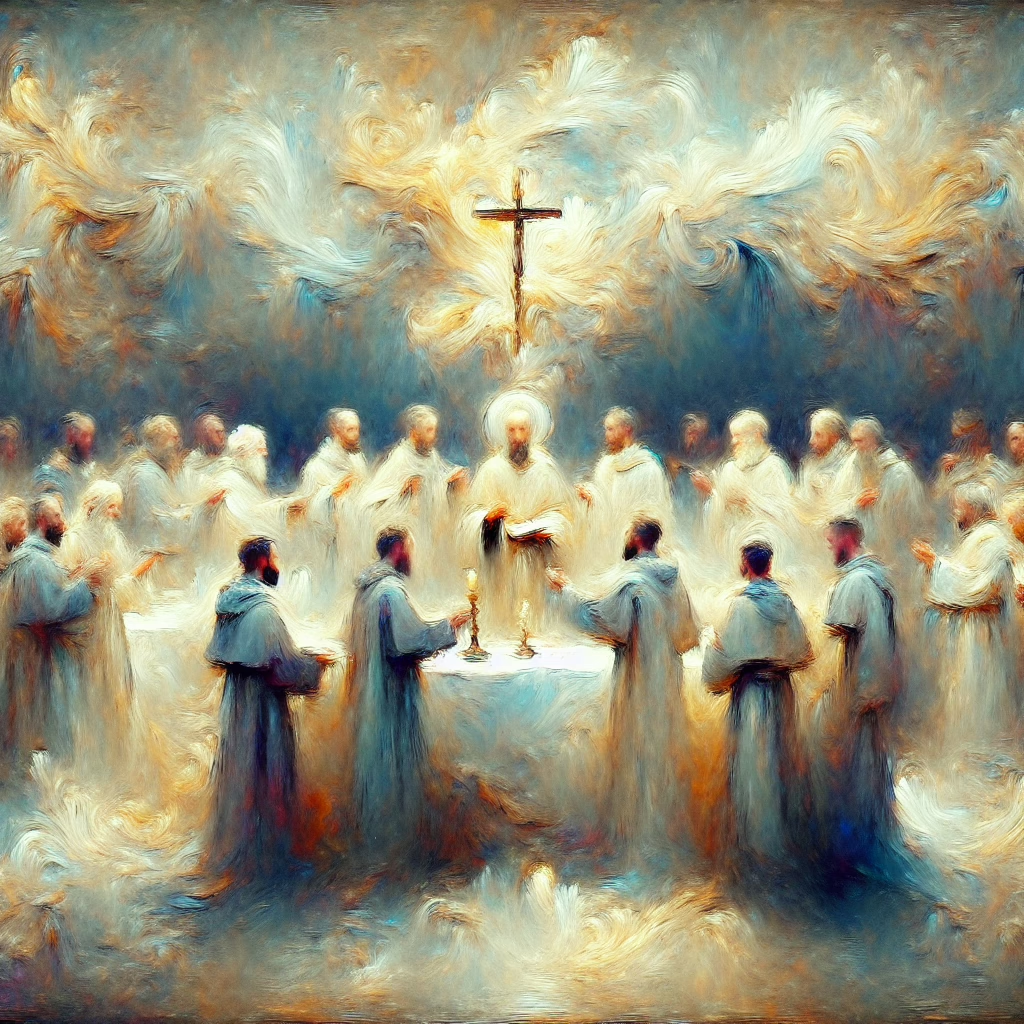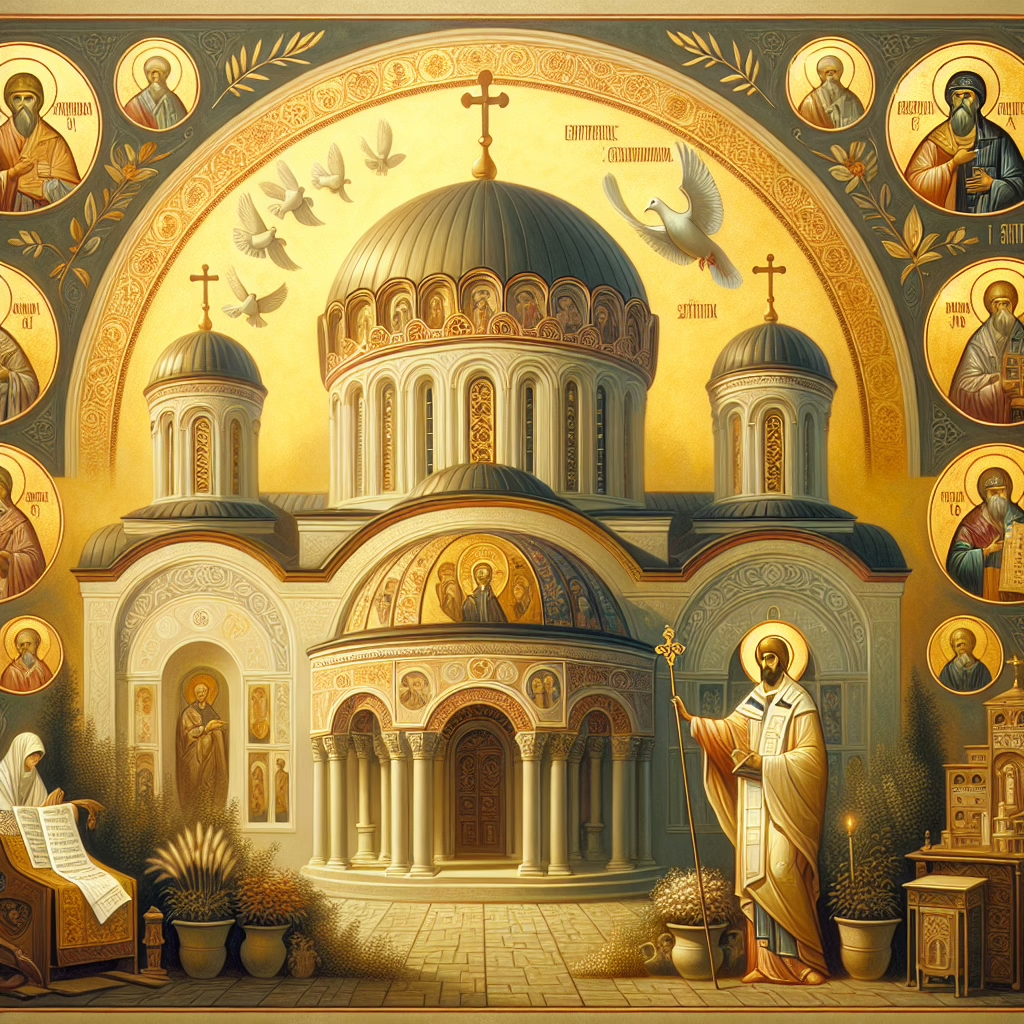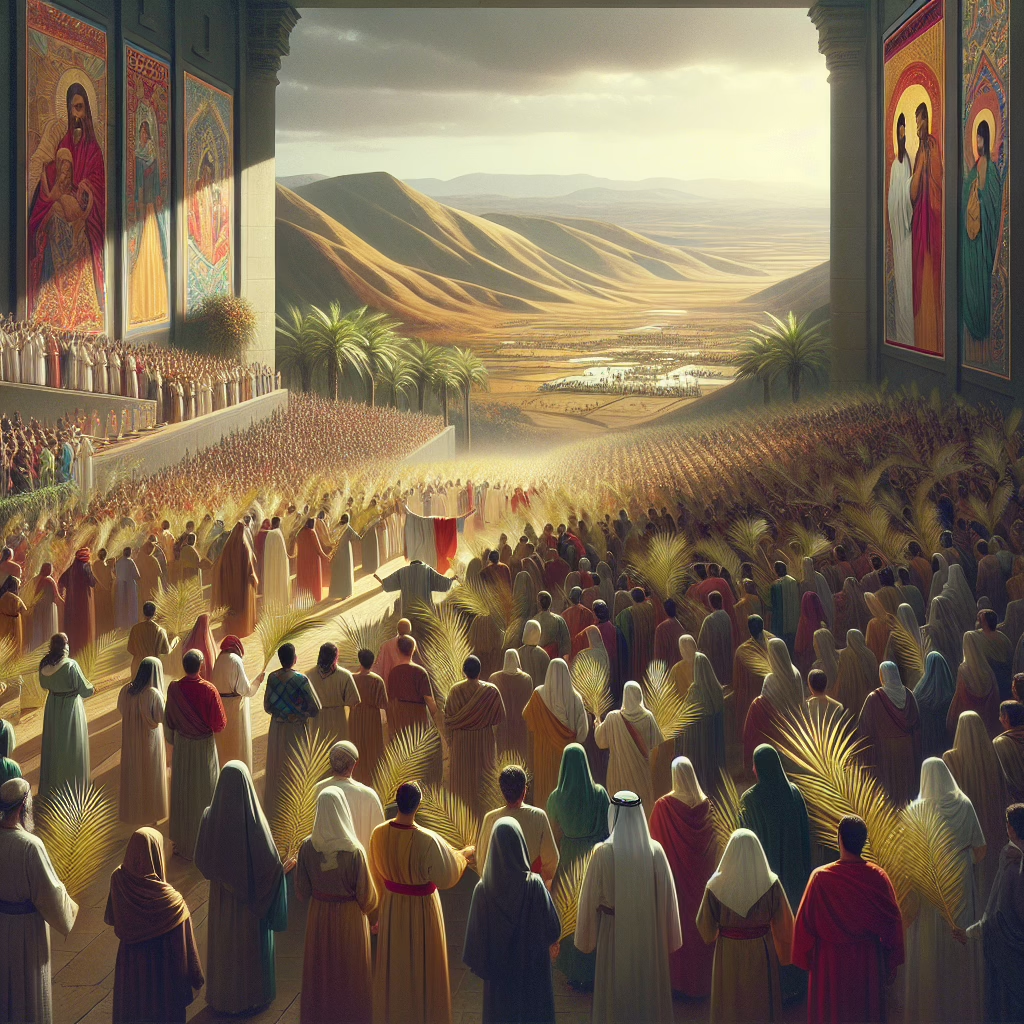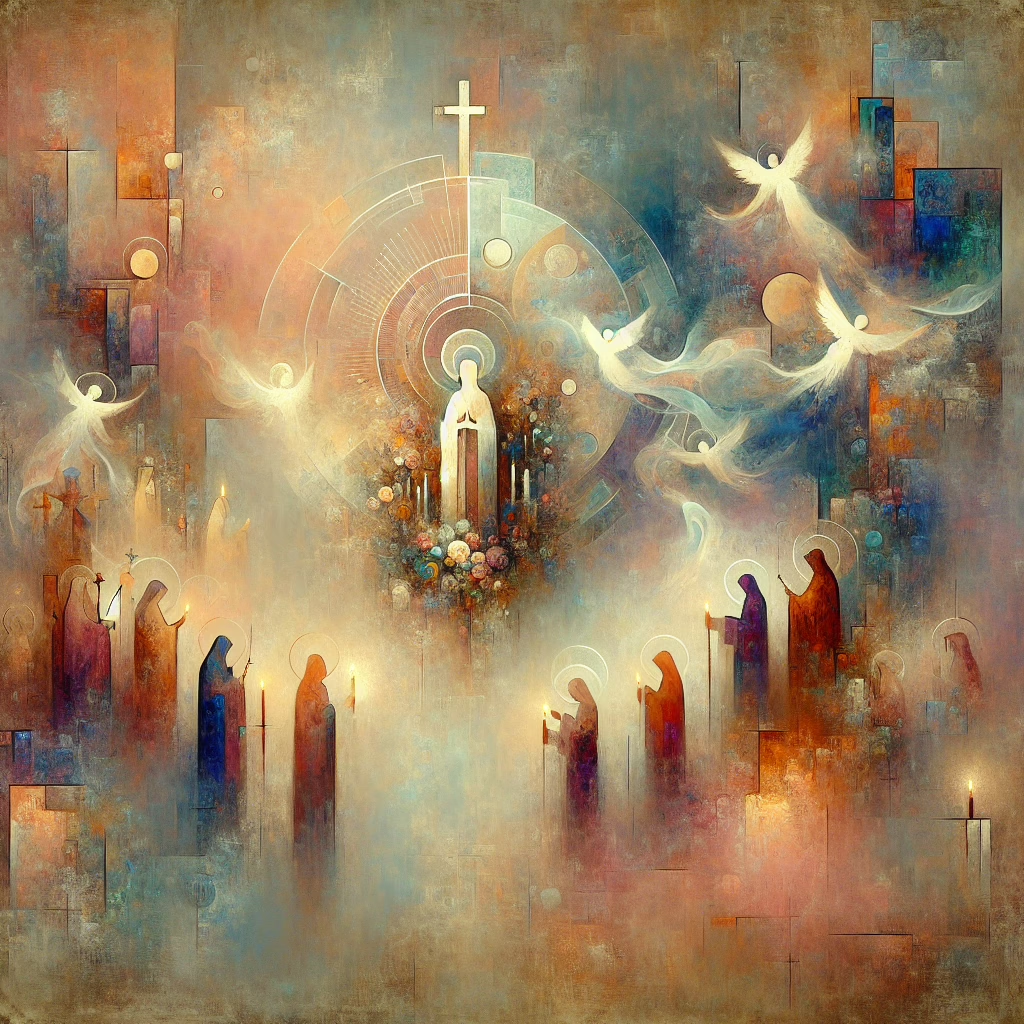Protestant Critique of Catholic Rituals: A Comprehensive Apologetic Response
Introduction
In the diverse tapestry of Christianity, the differences between Protestant and Catholic expressions of faith often center around rituals and sacraments. From the Reformation onwards, Protestant objections to Catholic ritual-based spirituality have raised significant historical, theological, and scriptural questions. This article delves into these objections and offers a detailed Catholic apologetic response, aiming to bridge understanding between two branches of the same faith.
We will explore key Protestant critiques concerning personal relationships with God, accusations of ritual formalism, and objections to priestly mediation. In doing so, we'll illustrate how Catholic sacramental theology enriches the spiritual journey and supports community and Christian unity.
1. Objection: Protestant Emphasis on Personal Relationship with God
1.1 Protestant Argument
Protestants often emphasize a direct, personal connection with God, asserting that this is hampered by the mediation of Catholic rituals. They critique the sacraments as barriers to an unmediated faith experience, arguing that one's relationship with God should not be filtered through rituals or clerical intermediaries.
1.2 Catholic Response: Sacraments as Means of Grace
Contrary to being barriers, Catholic sacraments are understood as vital channels of divine grace, instituted by Christ Himself. The sacraments provide a tangible means for believers to participate in the divine life, offering both personal and communal encounters with God.
In John 6:53-56, Jesus explicitly speaks of the Eucharist, inviting believers to partake in His Body and Blood – a clear biblical foundation for sacramental theology. The communal aspect of sacraments, far from hindering personal faith, enriches it by rooting the believer in a community of shared faith and worship.
1.3 Supporting Evidence
"Unless you eat the flesh of the Son of Man and drink His blood, you have no life in you."
— John 6:53
The Early Church Fathers, like St. Ignatius of Antioch, wrote extensively on the efficacy of sacraments, affirming their importance in the faith journey. For further insights, explore Catholic Sacramental Theology.
2. Objection: Protestant Critique of Ritual Formalism
2.1 Protestant Argument on Matthew 15:8-9
Citing Jesus' warning against empty formalism, Protestants interpret Catholic rituals as man-made traditions that overshadow heartfelt faith. They argue that true worship should be spontaneous and personal rather than rigid and ceremonial.
2.2 Catholic Response: Rituals Enriching Spiritual Life
Catholic rituals serve as profound expressions of faith that deepen spiritual encounters. Rather than mere formalism, these rituals – rooted in biblical and historical traditions – guide believers into a richer worship experience that intertwines the liturgy with personal devotion.
The Second Vatican Council's Sacrosanctum Concilium reaffirmed the importance of liturgical traditions, encouraging active participation in the Mass as a way to engage fully with one’s faith.
2.3 Supporting Evidence
"The liturgy is the summit toward which the activity of the Church is directed; it is also the fountain from which all her power flows."
— Sacrosanctum Concilium
The historical continuity of Catholic rituals underscores their spiritual authenticity and depth. To explore more on this topic, visit Catholic Liturgical Tradition.
3. Objection: Protestant Rejection of Priestly Mediation
3.1 Protestant Argument Against Mediated Grace
Protestants contend that each believer has direct access to God, rendering the Catholic priesthood an unnecessary intermediary. They argue that Christ alone mediates the relationship between God and humanity, dismissing any need for priestly intervention.
3.2 Catholic Response: Priesthood and Sacramental Mediation
Catholic teaching recognizes priests as ordained ministers facilitating encounters with Christ through sacramental mediation. This concept is biblically grounded in the notion of apostolic succession and the role of Christ as the ultimate high priest.
Hebrews 4:14-16 highlights Christ’s intercessory role, echoed by the Catholic priesthood, which acts in Christ's name to administer sacraments essential for spiritual growth.
3.3 Supporting Evidence
"Since we have a great high priest who has gone through the heavens, Jesus the Son of God, let us hold firmly to the faith we profess."
— Hebrews 4:14
The writings of early Church figures like St. John Chrysostom emphasize the indispensable role of priests in administering the sacraments. For more insights, visit Catholic Priesthood.
Conclusion
This exploration of Protestant objections highlights the rich theological foundations of Catholic sacraments and rituals. Far from impeding personal faith, they serve to connect believers to a deeper spiritual reality, fostering a sense of community and enhancing one's faith journey.
Understanding these differences invites productive dialogue and moves us toward greater Christian unity. For in-depth resources on Catholic sacramental theology and practices, visit Catholic Resources.
Take this opportunity to further explore Church teachings and join the growing dialogue between Protestant and Catholic perspectives, enriching your own spiritual journey in the process.






Leave a Reply